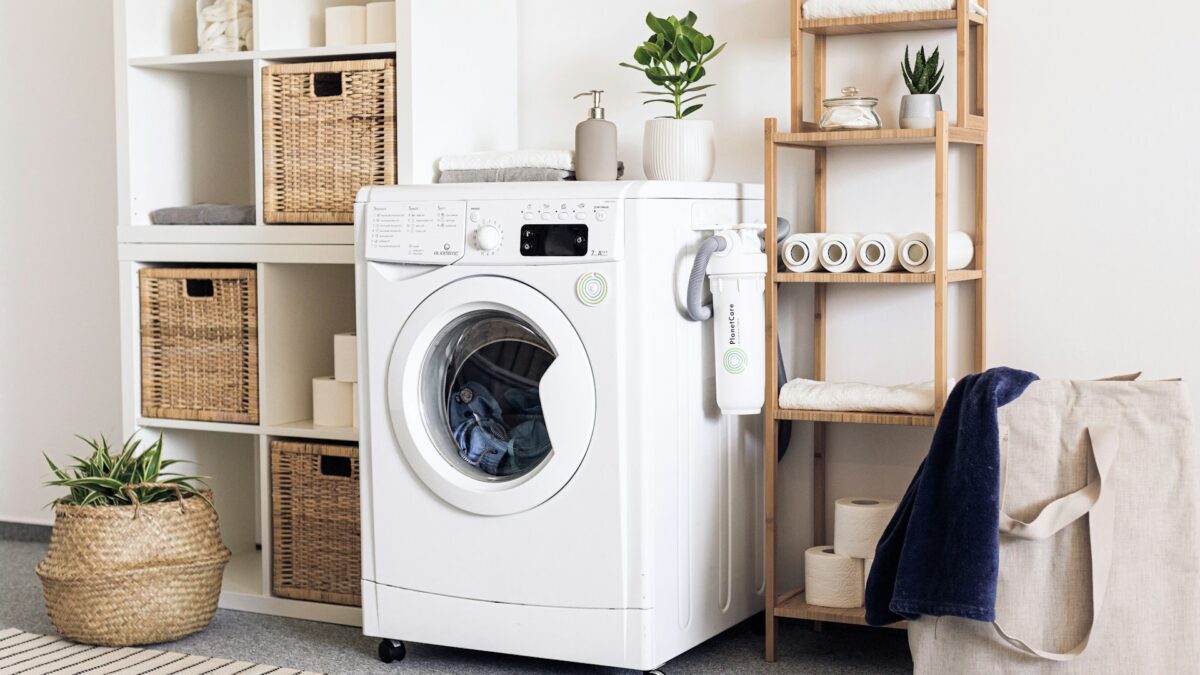Household appliances are easy to take for granted—until one starts acting up. Maybe your fridge has been running louder than usual or your washer leaves clothes soaking wet. Maybe your air conditioning is acting up and makes you question; do I need to replace my furnace when replacing my air conditioner?
These might seem like minor annoyances, but they’re often early signs that it’s time to consider a replacement.
Appliances don’t last forever, and holding on to a failing one can cost more in repairs, energy use, or even damage to your home. Understanding when to repair versus when to replace can help you avoid bigger headaches down the road.
How Long Should Appliances Last?
Most major home appliances are built to last somewhere between 10 and 15 years, depending on the brand, usage, and upkeep. The average U.S. household spends roughly $300 annually on appliances—so it’s smart to know when to invest in a new one instead of continuously patching up an old model.
Here’s a quick breakdown of typical lifespans:
- Refrigerators: 13 years
- Ranges (oven/stove): 14 years
- Dishwashers: 9 years
- Washing machines: 10 years
- Dryers: 13 years
Warning Signs It’s Time for a New Appliance
Refrigerator
If your fridge is sweating on the outside, buzzing loudly, or hot to the touch at the back, take notice. While minor repairs may help if it’s a newer model, older units with recurring issues often aren’t worth the repair costs—which can run into thousands depending on the model.
Oven and Range
Cracks in a glass top, burners that heat unevenly, or faulty coils are indicators your range may be nearing the end. If it’s approaching the 14-year mark and these issues are becoming more frequent, replacement may be more cost-effective than repeated fixes.
Dishwasher
Noticing cloudy glassware, standing water in the bottom, or dishes that aren’t getting clean? These are all signs of a declining dishwasher. Leaky or worn hoses can also create mold and water damage behind the scenes, so pay attention to any puddles or musty smells.
Washer and Dryer
Noisy spin cycles, leaking, burning smells, or clothes that come out damp are common signs that your washer or dryer may be past its prime. Because dryers also pose fire risks if they malfunction, regular monitoring and timely replacement are critical.
Stay Ahead With Smart Tracking
If you’ve recently purchased appliances—or moved into a new place—keep a simple log of purchase dates, service visits, and any changes in performance. This helps you track wear and anticipate replacements, which can prevent surprise breakdowns and protect your home from issues like flooding or fire hazards.
Final Thoughts
Appliances are among the most relied-on tools in any home. Knowing when they’ve reached the end of their useful life helps you budget wisely, avoid unnecessary repair costs, and reduce safety risks. Keep an eye out for the small signs—because catching them early can make all the difference.


